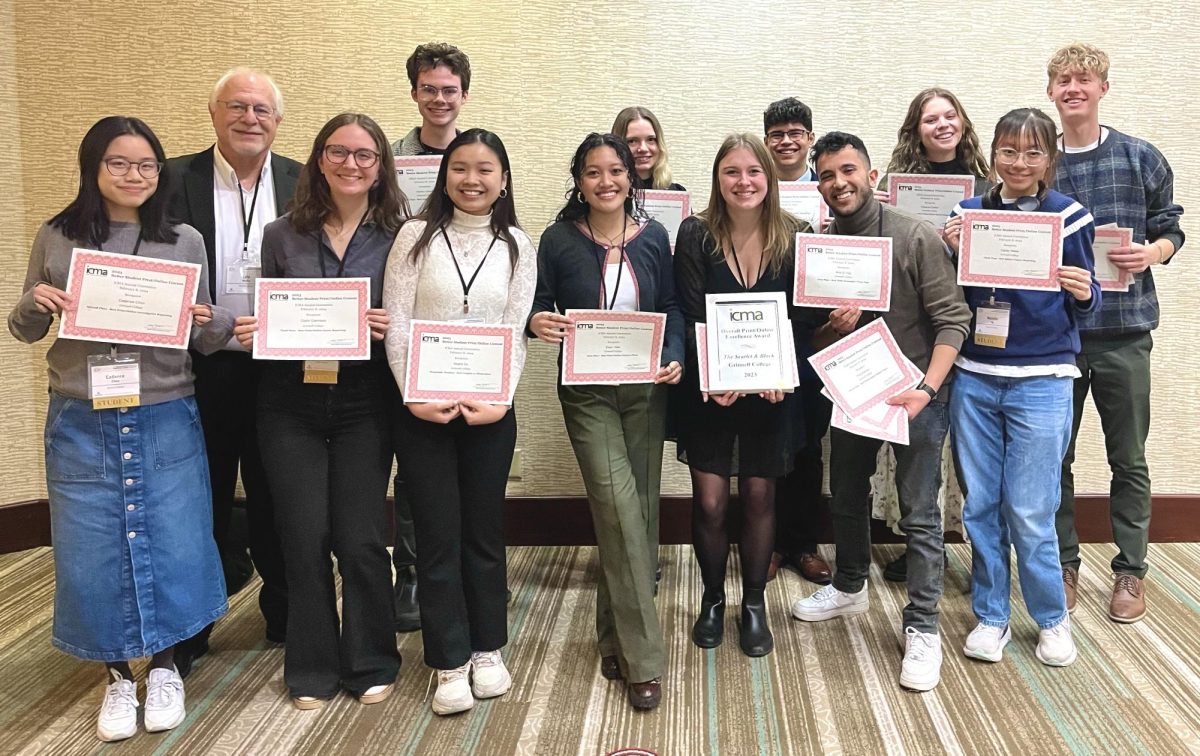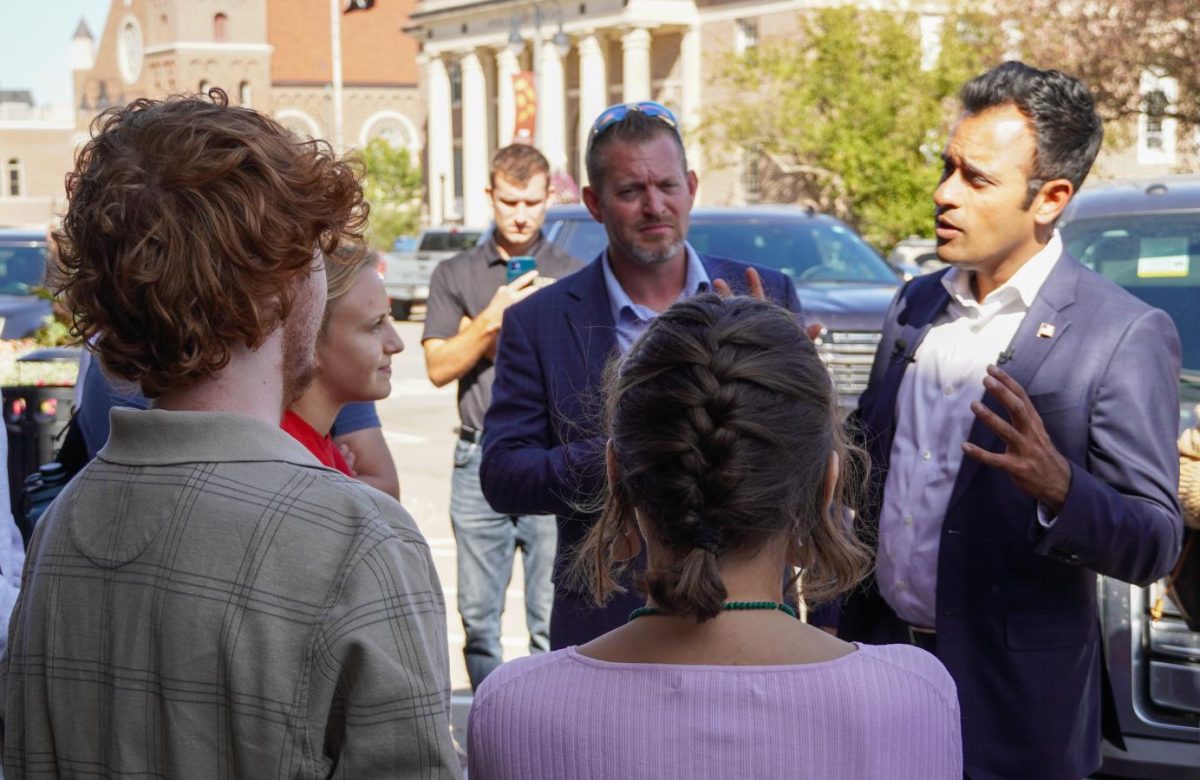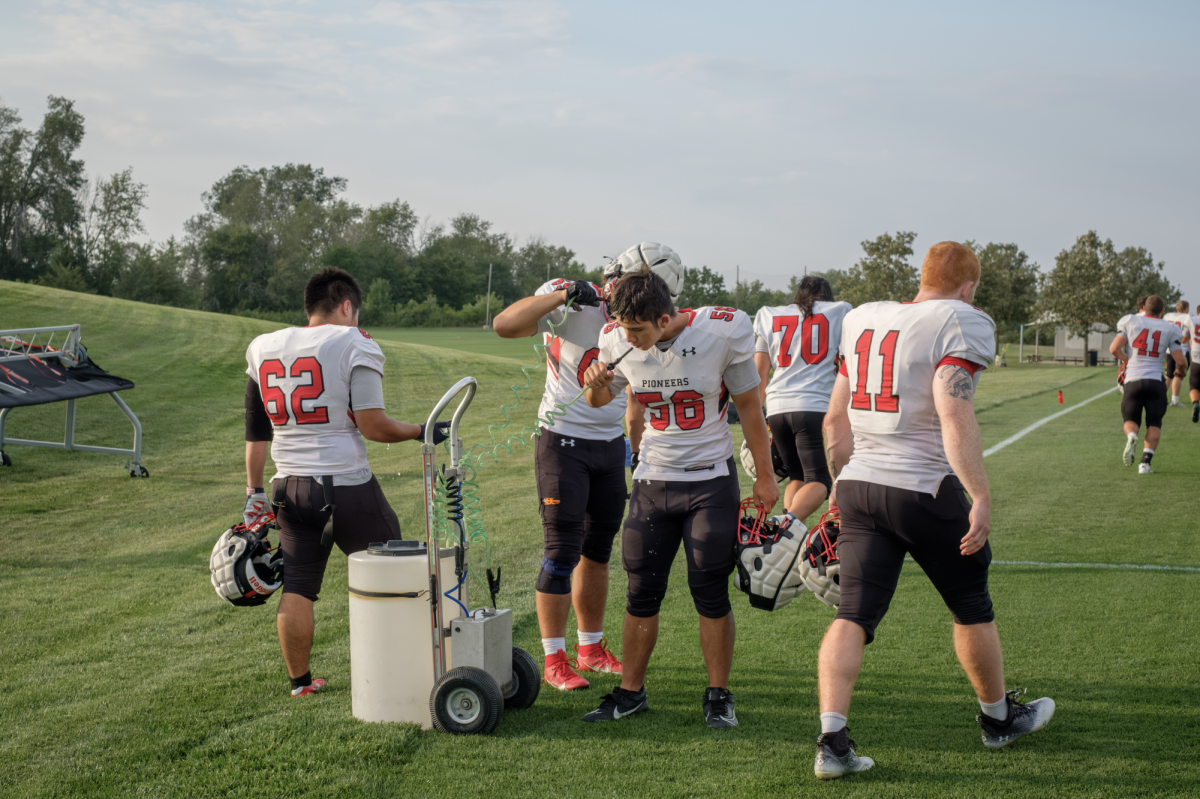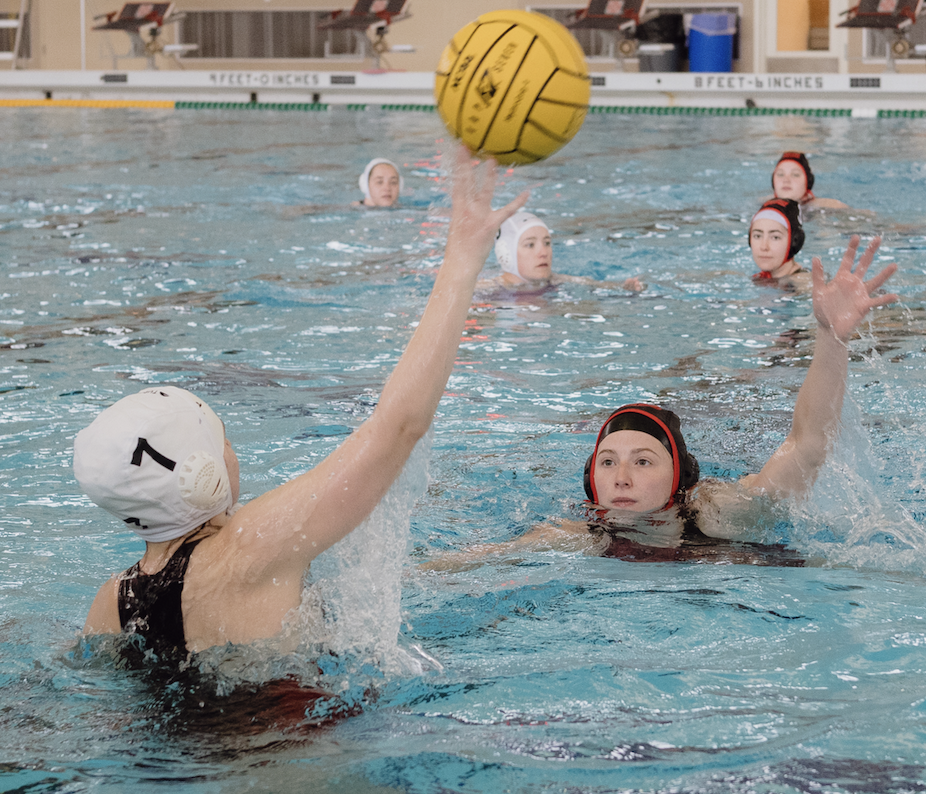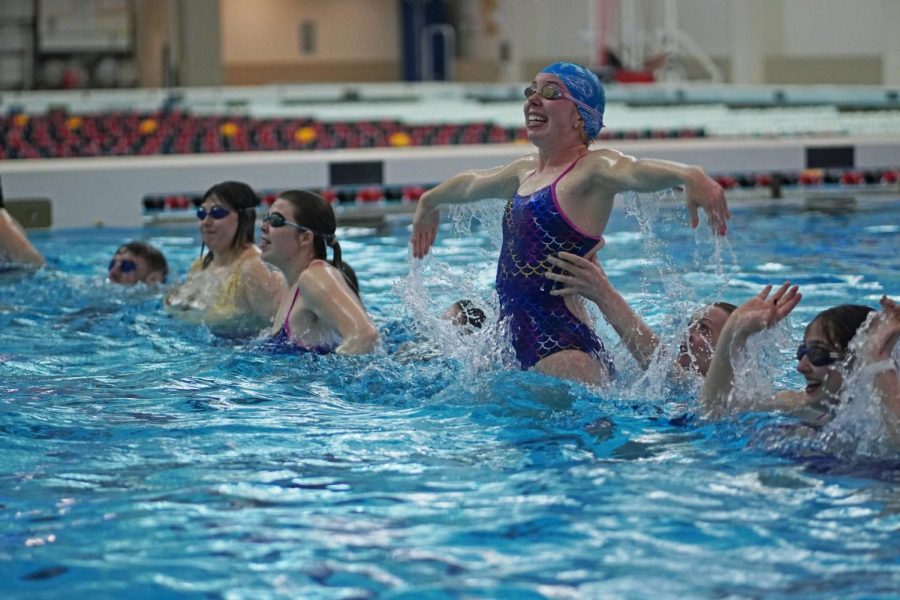2023 Iowa College Media Association award winner, First Place – Best Print/Online Graphic or Illustration
U.S. News and World Report (U.S. News) and The Wall Street Journal (WSJ) released their 2024 college rankings. These rankings, which inform prospective students of the ideal schools to attend, agree on some general assessments, like Princeton University being the best college in the country and Massachusetts Institute of Technology coming in second. Grinnell College, however, received very different appraisals from the two rankings, due to differing evaluation methodologies.
According to U.S. News’s college rankings, released in September 2023, Grinnell is the seventh “best value” liberal arts school in the country. This is partly due to the amount of grants and scholarships it distributes and to where it stands in other rankings. Grinnell is also ranked by U.S. News as the eleventh best liberal arts school in the country.
The WSJ’s college rankings paint a wholly different picture, however, with Grinnell coming in as the 266th best college nationwide. Unlike U.S. News, the WSJ does not separate liberal arts schools from its national rankings list.
In an email to The S&B, Kari Klein from German data company Statista, who partnered with the WSJ for their rankings, wrote, “Our ranking emphasized the student voice,” adding that “unlike other rankings, it did not factor in peer evaluations by university leaders or self-reported data.” Statista wrote that Grinnell’s relatively poor ranking stems from the lack of return on investment for incoming students.
This return on investment, according to the WSJ’s methodology, comes from their estimate of “years to pay off net price.” The WSJ estimates that, based on the median salary of graduates, it would take three years and six months to pay off the net price of attending Grinnell for four years. Its methodology also factored in the estimated boost in salary that comes from a Grinnell education compared to a high school diploma only.
U.S. News’s Chief Data Strategist Robert Morse, who developed the methodology used in the rankings, put a 5% weight on “college graduates earning more than a high school graduate” four years after completing their undergraduate degrees. The sample pool consisted of federal loan recipients. Morse did not respond to a request for comment from the S&B
“We do not widely advertise or express pride in our ranking but I will be the first to admit that high rankings help us when students and their families are deciding where to apply,” wrote Joe Bagnoli, Vice President for Enrollment and Dean of Admission & Financial Aid, in an email to the S&B.
An article published on the College website on Sept.18 listed the U.S. News’s ranking among others, including the Princeton Review ranking Grinnell as the tenth best classroom experience and the 35th best value college. However, the College website article does not include any rankings from the WSJ.
Also notably, it does not include the Princeton Review rankings on the schools with the “least religious students.” The rankings, published in August 2023, do not yet account for the College losing its Imam, Kamal Hammouda, and Chaplain, Deanna Shorb, in recent weeks either.
The U.S. News rankings, unlike the WSJ’s, use assessments from peer institutions. According to their report on methodology, 20% of the U.S. News’s ranking score comes from those assessments, making reputation and renown important. US News also ranks Grinnell as the sixth best in undergraduate teaching, and the tenth most innovative school.
Ellen de Graffenreid, Vice President for Communication and Marketing, wrote in an email to the S&B that “WSJ rankings reflect both the removal of [reputation and resources devoted to education] and the early career salaries of the large proportion of Grinnellians who pursue post-graduate education, fellowships, or impactful careers in education and not-for-profit organizations.”
Schools like Vanderbilt University fell in their respective U.S. news rankings. In a statement issued following the release of the 2024 rankings, Vanderbilt University said that the changes in methodology minimize the quality of students and faculty. The university also said the methodology emphasizes social mobility, which it claims to be a metric that relies on “incomplete and misleading data.”
Wake Forest University, which fell 18 places, released a similar statement criticizing the change in methodology. This criticism comes after Columbia University boycotted the rankings by refusing to share data with U.S. News earlier this year.
Furthermore, despite some larger research universities sliding in the U.S. News rankings due to this shift in methodology, small liberal arts schools with good reputations and generous grants like Grinnell gained places.


















































